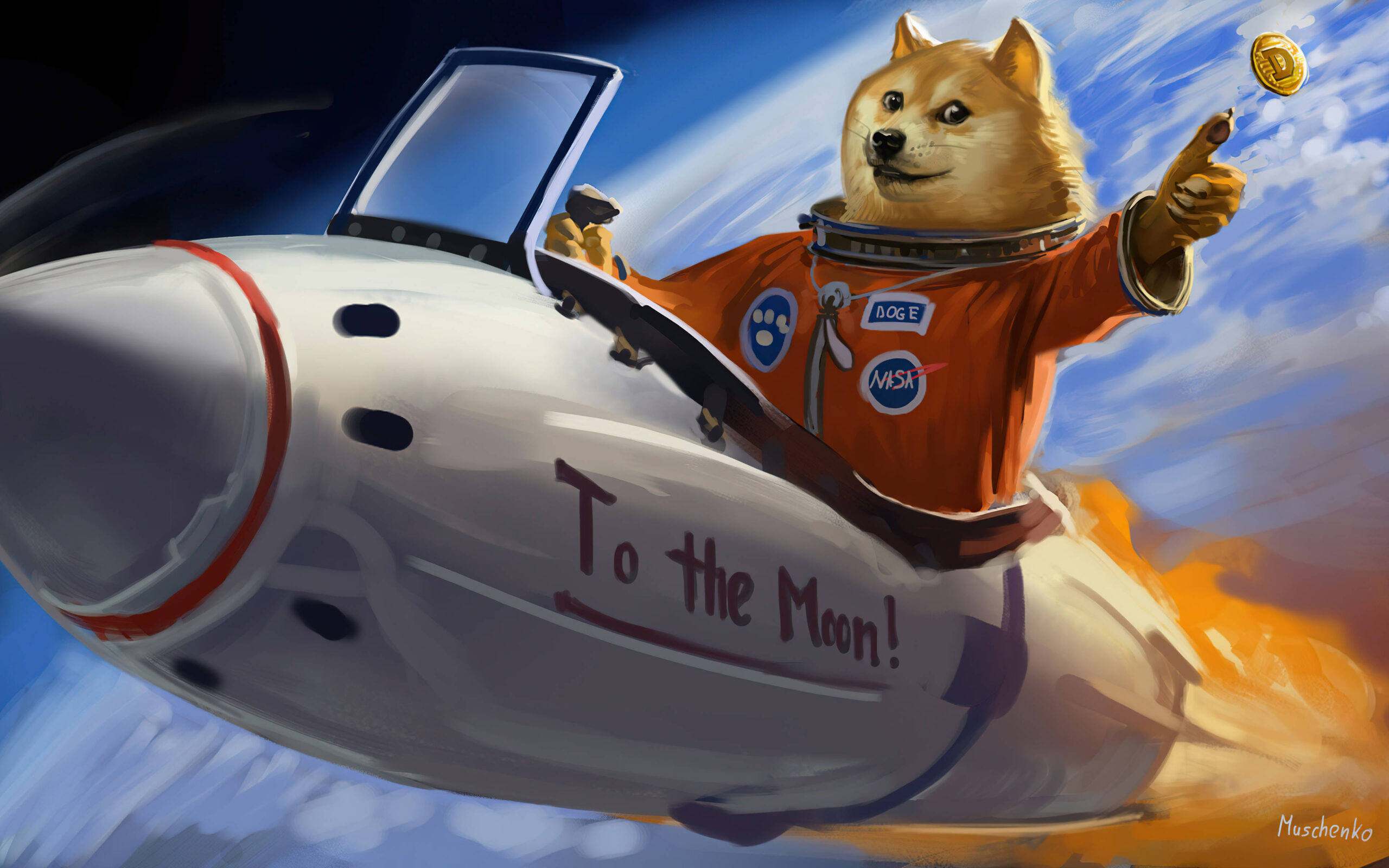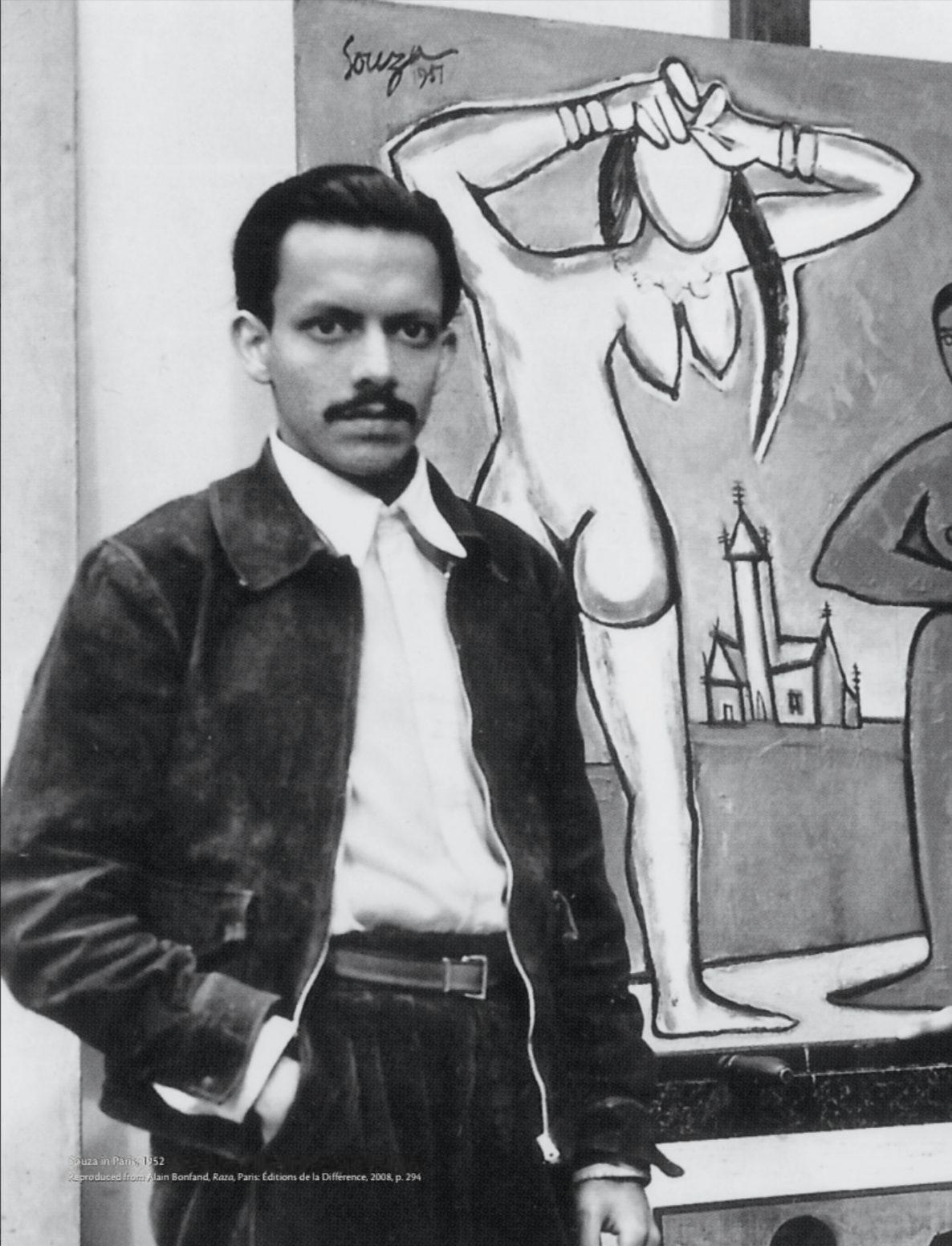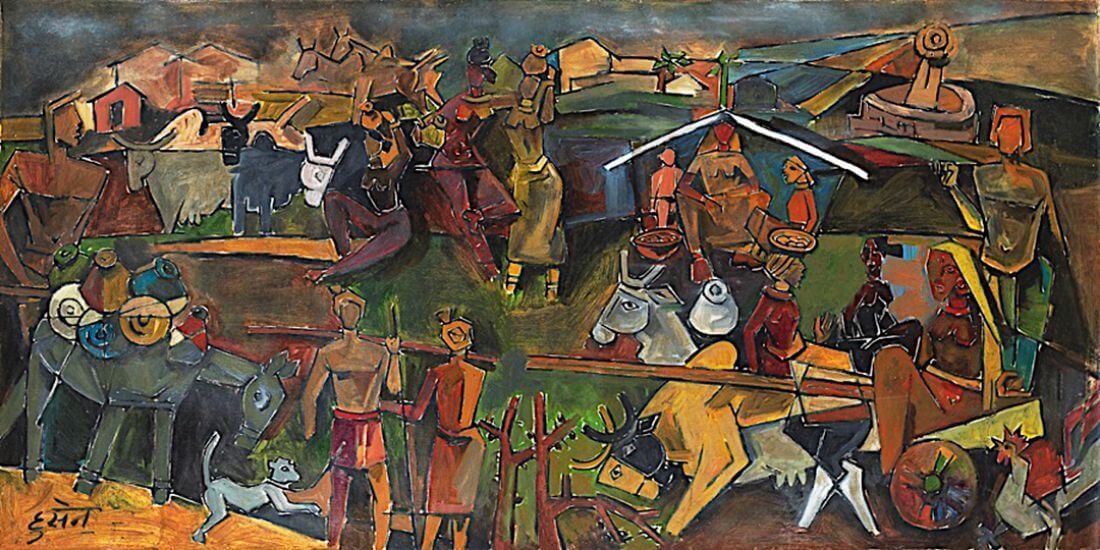Note: Earlier this year, in a three-part series, Svasa Life Magazine covered the phenomenon of NFTs. From the inception of the technology, use cases in the ecosphere of art and business and its probable effect (+/-) on the world at large. This piece takes the baton forward by exploring the current trend of NFT technology being adopted by the travel and tourism industry across the globe.
Lately, NFTs have earned a bad rap on the Internet.
There is been much talk about numerous ‘rug-pulls’ (NFT scam projects) and safety concerns (P2E Axie Infinity hack on the Ronin Blockchain – where Sky Mavis, the developer of popular NFT video game Axie Infinity, lost hundreds of millions of dollars in assets when they were stolen by hackers on March 23 and Yuga Labs ‘Otherdeed’ fiasco – the Otherdeed drop netted Yuga Labs roughly $320 million from the sale of 55,000 virtual plots).
And to further fan the fire, a terrible fall of the Luna ecosphere and the overall market correction has turned a lot of Web3 bulls into bears in hibernation. However, those who understand the dynamics of market correction and economic life cycles are still in it to win it. Besides, any new technology will always be vulnerable to a few glitches in the matrix.
It’s understandable when the cynicism comes from those who do not understand the concept of NFTs; it’s human to reject or dislike something you don’t immediately get. Surprisingly though, most of the criticism comes from those who are in the NFT game for a quick buck and have unfortunately lost a lot of money in the process, following recommendations from their friends (or friends of friends)
This, in my humble opinion, is a terrible idea. While looking for investment opportunities, taking the plunge without using one’s personal discretion, is always a gamble. That’s the bottom line.
In a recent episode of Flagrant 2 — a podcast run by comedians Andrew Schulz and Akaash Singh, Gary Vaynerchuk spoke at length about this when asked by Schulz, “…explain to me why NFTs aren’t bullshit.” Vee, in his distinct style, waxed eloquent about how everyone is bringing their Internet game to the blockchain. While some might hit the jackpot, there will most definitely be those who don’t. He gave real-world examples of brands like Liquid Death (bottled beverage) and Kith (streetwear), who despite entering a crowded market still emerged successful.
Cameron Moulene, founder of Non Fungible Films that focuses on bridging Web3 and mainstream media, recently tweeted; “Guys — “Insider Trading” would imply that NFTs are in fact securities of some form — which they are not. These are communities and art pieces with multiple utilities… you keep pushing the “Insider Trading” narrative you won’t get what you asked for.”
Crypto enthusiasts need to see the NFT world with a similar lens. A lot of NFT projects, to everyone’s dismay, aren’t going to work. One needs to focus and bet on the brands and people behind those NFTs. And most importantly, stop listening to others and do the work (read: research) yourself.
However, all love is not lost.
As the world opens, post the pandemic, people have taken to airports and BnBs with a vengeance. One of the avenues (apart from art collectibles) where NFTs have managed to explore a promising future and unlock utility potential is the travel and tourism industry.
When it comes to making international trips smoother for travellers, the most obvious application for NFTs that come to mind is passports backed by the blockchain. While the Indian government is already planning on an e-version of the passport, travel documents like visa, vaccination certificates or even duty-free vouchers can make travel woes vanish. It would be quite a sight scanning your NFT and passing through customs sans any hassle.
Take for example how IATA (International Air Transport Association) has introduced their NFT project – ‘Travel Pass’, that enables travellers to store and manage verified information on their health status like Covid-19 tests and vaccines, in line with any government requirements. Although the concept of health passports has been around for a while (Yellow Fever card), digitising it will definitely lead to more security and efficiency than traditional paper-based processes.
San Marino, a mountainous microstate in Europe has also adopted NFT Covid-19 vaccine passports in association with a comprehensive blockchain application platform, VeChain.
Beyond the obvious use cases, the implementation of NFT technology has helped spearhead utility-based projects in the travel ecosphere.
‘Travel Toucans’ initiated the movement by introducing 10,001 NFTs on the Ethereum blockchain. Owners of these NFTs would get to enjoy the most exclusive experiences, priority giveaways and be privy to insider tips and tricks to customise their travel plans thanks to unrestricted access to the community. Evolution of the Toucans NFT project would include select boutique hotels, which otherwise provide limited access to travellers. Sporting events blended with art and music festivals are up on their cards (or shall we say NFTs) as well.
Following suit, and what is touted to be a much “classier” of the NFT travel projects out there is Travala’s ‘Travel Tigers’ NFT project – a collection of 1000 uniquely minted NFTs, living and roaring on the Ethereum blockchain. If the other NFT projects push the envelope when it comes to travel experiences, Travel Tigers tears it open. They leave no stone unturned when it comes to opulent escapades for their NFT holders. Their giveaways usually come with a full package (flights, stay, extra-curricular activities), determined by a draw for specific NFT ID holders.
In a similar vein hosted on the Solana blockchain, Hong Kong based company ‘Tiger Being’ is the first in Asia to launch an NFT-driven, private club membership. If you hold one of their NFTs, you will immediately be signed up as a member of their travel club, which promises rooms in top-notch hotels, private yacht sailings and travel-themed private feasts, among other offerings.
Closer to home, Make My Trip (MMT) claims to be the first Indian travel brand to step into the NFT universe. Their limited edition NFT collection aims to breathe life into the unexplored treasure troves of India with the help of artificial intelligence. Each NFT provides access to holders to India’s most sought after travel destinations. #MyVirtualVacation NFTs can be purchased online in INR (₹14,999 onwards), the process of which is as easy as any other e-commerce transaction. However, the utility of the project hasn’t been explored to the hilt. As of now, the proceeds that MMT receives from the NFT sales will be routed towards supporting projects that focus on promoting sustainable tourism in the country.
Despite the cynicism, NFTs have become ubiquitous. Hence, the need to integrate digital assets with the physical world will only increase with time. Technology has laid out the groundwork and brands are piling on the blockchain to experiment and reap the desired benefits. It will be interesting to see if and when consumers adapt to the new way of travel.
Fasten your seat-belts, as we’re about to take a flight to the moon and back.
Words by Vivek Bhatia
Cover Image via Wallpapers.com




